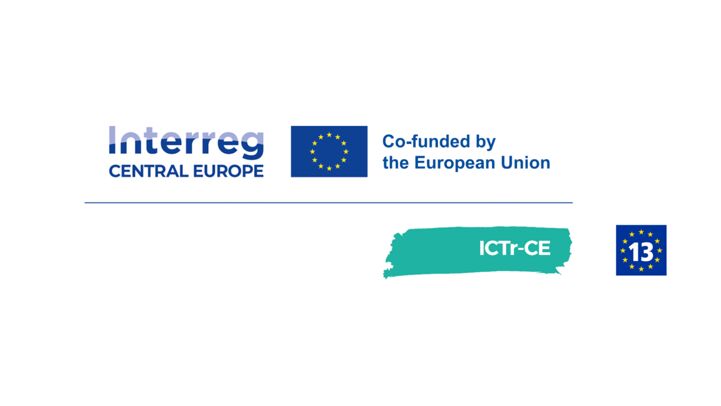Strengthening EuroVelo 13 as a Cultural Route of the Council of Europe
EuroVelo 13 – Iron Curtain Trail has been first certified as Cultural Route of the Council of Europe in 2019, after a demanding process, and recertified in 2023. It is the only EuroVelo route to be a Cultural Route of the Council of Europe. ECF is the secretariat of the route and coordinates an informal partnership of stakeholders supporting its cultural dimension.

“The Iron Curtain Trail creates a narrative: it’s not just a beautiful scenery but there is a thematic built in the shared European history of the 20th century”, stated Stefano Dominioni, Executive Secretary of the Enlarged Partial Agreement on Cultural Routes of the Council of Europe. As a symbol of reconciliation, dialogue and remembrance, EuroVelo 13 is well aligned with the goals of the Cultural Routes of the Council of Europe programme, promoting cooperation in research, enhancement of memory and heritage, but also cultural and sustainable tourism.
The cultural dimension of EuroVelo 13 could be further explored and developed. Many local initiatives are implemented along the Iron Curtain but are not always connected to EuroVelo 13, nor to its Cultural Route of the Council of Europe certification. Without a formal governance and cooperation framework dedicated to this route, ECF is lacking capacity to develop new connections with Cultural stakeholders and coordinate national stakeholders.
The Interreg Central Europe project ICTr is an opportunity to address the transnational coordination of EuroVelo 13 – Iron Curtain Trail, including its Cultural Route of the Council of Europe dimension. The online meeting of 27 June was organised in the framework of this project, which is focused on assisting SMEs in creating and promoting innovative cycling tourism products, the sustainability of cycling offers and the transferability of the results.
By increasing awareness on the Cultural Route dimension of EuroVelo 13, the meeting contributed to sharing ideas for future developments. One of them is to develop closer cooperation with the European Green Belt, represented during the meeting. Another idea is to connect National EuroVelo Coordination Centres along EuroVelo 13 with National representatives of certified Cultural Routes. Local initiatives were also encouraged: developing activities with students, organising events promoting remembrance of this important moment in European history, or supporting scientific research on the history and contemporary dimensions of EuroVelo 13.
The presentations of the event can be viewed at this link.
Article by Agathe Daudibon and Agnese Valenti

